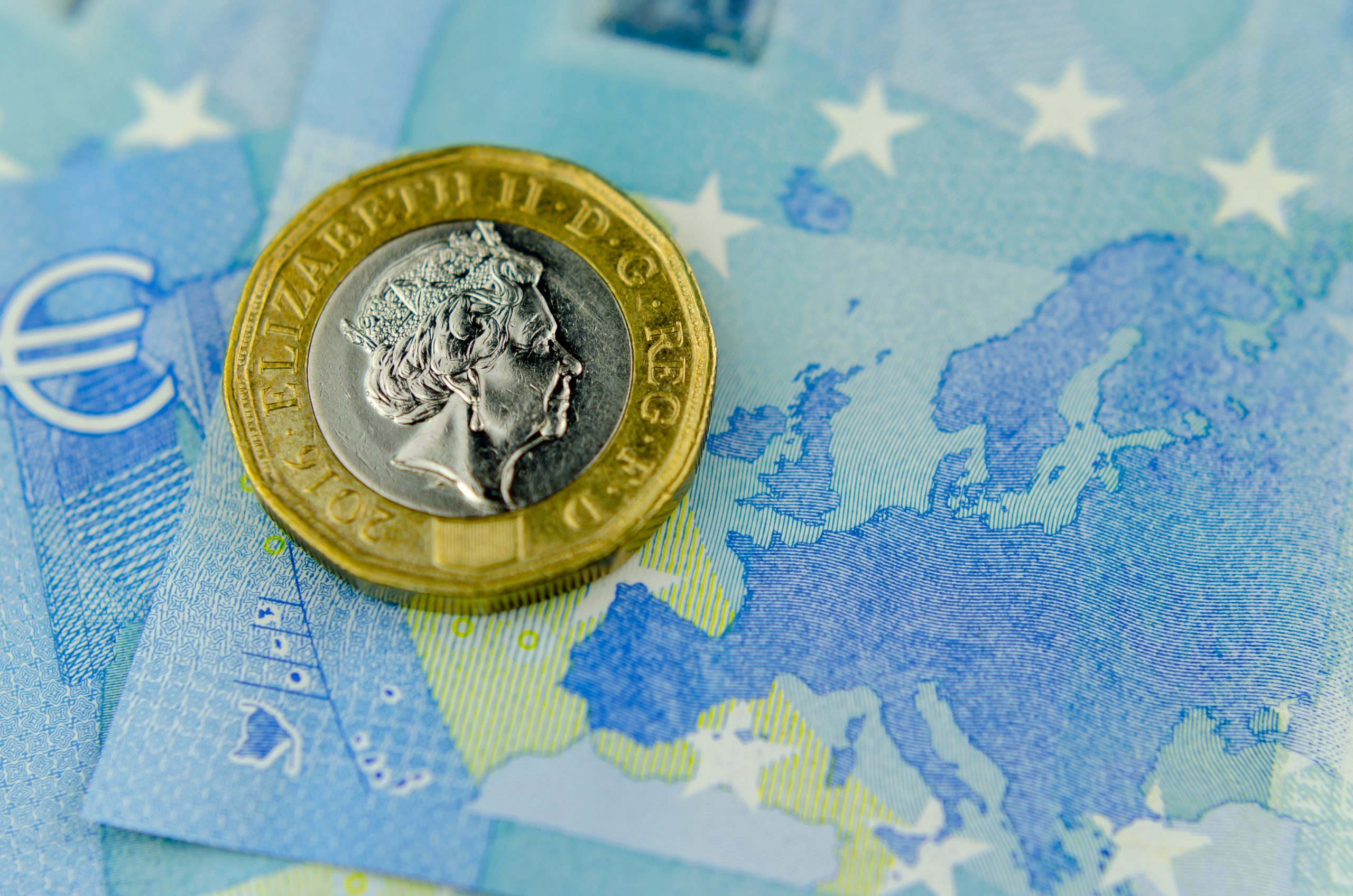Pound Euro (GBP/EUR) Exchange Rate Boosted by Optimistic UK Growth Data
The Pound Euro (GBP/EUR) exchange rate has slowly climbed today as GDP figures showed the UK economy returning to pre-pandemic levels. An ongoing surge in Covid-19 cases across Europe has continued to place pressure on the Euro as well as a downturn in growth for the German economy.
Pound (GBP) Boosted by Positive Growth Figures despite Fresh Party Reports
The Pound (GBP) has reached its highest levels since the days following the Brexit vote, as positive growth figures and optimism surrounding the currency’s long-term recovery helped boost Sterling.
GDP figures released on Friday indicated that the UK’s economy grew at a rate of 0.9%, above pre-pandemic levels of 0.7% from February 2020. The positive growth was largely driven by a surge in early pre-Christmas shopping and an increase in restaurant bookings. Analysts are expecting a drop in December and January however due to the impact of the Omicron variant, and this expected drip could limit the Pound’s upward movement.
Sterling’s gains could be capped by domestic headwinds today following fresh reports of illegal gatherings at 10 Downing Street. Prime Minister Boris Johnson has faced ongoing calls for his resignation amid Thursday’s reports of two leaving parties on the day prior to the funeral of Prince Philip.
Euro (EUR) Muted as German Growth Disappoints
The Euro (EUR) has risen against its riskier competitors but remained subdued against safer currencies today. This comes amid surging Covid-19 and disappointing German growth figures.
The German economy grew by 2.7% in 2021 after having fallen by 4.6% in 2020, and is still well below pre-pandemic levels. Despite the trading bloc’s largest economy having grown in the second and third quarter, the German economy shrank in final quarter of 20201 due to soaring Covid-19 infections. Global supply chain disruptions are also thought to have hurt the German economy’s recovery, as microchip shortages hot car production.
Continually soaring Covid-19 cases across the continent may have also pushed the Euro down, as cases in Germany hit a new daily record of 92,223.
Bets on a potential early interest rate hike by the European Central Bank (ECB) may help buoy the currency however. ECB Vice President Luis de Guindos told attendees of a UBS event that the Eurozone’s inflation spike may not have been as ‘transitionary’ as first thought, with energy costs and supply bottlenecks likely to continue to push the rate up.


Comments are closed.